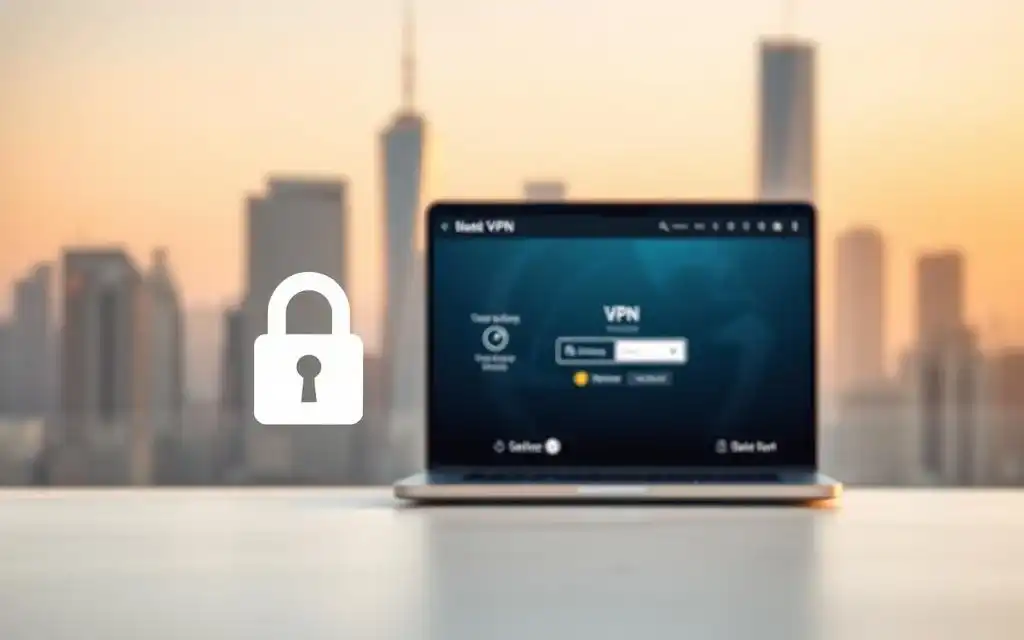In an era of unprecedented digital connectivity, where our lives are increasingly lived online, the demand for privacy, security, and freedom has never been greater. For years, the Virtual Private Network (VPN) has been the go-to tool for millions, a trusty digital shield against prying eyes and geographic restrictions. But as technology accelerates at a breakneck pace, with threats becoming more sophisticated and user expectations evolving, the humble VPN stands at a crossroads. The simple act of tunneling traffic through an encrypted server is no longer enough. This brings us to a critical question that cybersecurity experts, tech enthusiasts, and everyday users are asking: what is the future of vpn technology? The answer isn't a single invention but a convergence of powerful new paradigms, from quantum-resistant encryption to artificial intelligence, that will redefine what a VPN is and what it can do. The Current State: A Foundation for the Future Before we can peer into the future, it's essential to understand the ground we stand on. Today's VPNs are primarily built on a foundation of established encryption protocols and a client-server architecture. Their main purpose is to create a secure, encrypted "tunnel" for your internet traffic, hiding your IP address and protecting your data from your Internet Service Provider (ISP), network administrators, and threat actors on public Wi-Fi. This model has served us well, enabling remote work, protecting journalists in hostile environments, and allowing users to access a global internet. The workhorses of the modern VPN are protocols like OpenVPN and IKEv2/IPsec, which have proven their reliability and security over many years. More recently, the advent of WireGuard® has been a game-changer. This lean and modern protocol offers significantly faster speeds and a more streamlined codebase, making it easier to audit and secure. The adoption of WireGuard by many leading VPN providers marks a significant step forward in performance and efficiency, setting a new baseline for what users expect from a fast and responsive connection. However, the current VPN model is not without its limitations. Performance can be a major issue, with encryption overhead and server distance sometimes leading to noticeable speed drops. The centralized nature of traditional VPNs means you are placing immense trust in a single company. If that provider's servers are compromised, or if they fail to uphold their no-logs promises, user privacy is at risk. Furthermore, sophisticated firewalls and national censorship systems are becoming increasingly adept at detecting and blocking standard VPN traffic, creating a constant cat-and-mouse game for providers and users alike. These challenges are the very catalysts driving the next wave of VPN innovation. The Quantum Leap: Post-Quantum Cryptography and VPNs One of the most profound and existential threats to our entire digital infrastructure, including VPNs, comes from the realm of quantum computing. While still in their developmental stages, quantum computers operate on principles that will allow them to solve certain mathematical problems exponentially faster than even the most powerful supercomputers today. This has dire implications for the encryption standards that protect everything from our bank accounts to our private messages. The Impending Quantum Threat to Encryption The backbone of modern internet security, including the TLS/SSL that secures websites and the encryption used by VPNs, relies on algorithms like RSA and Elliptic Curve Cryptography (ECC). The security of these systems is based on the extreme difficulty for classical computers to factor large numbers or solve discrete logarithm problems. A sufficiently powerful quantum computer, however, running an algorithm like Shor's algorithm, could break this encryption with relative ease. This isn't just a far-off, hypothetical problem. It’s a "harvest now, decrypt later" scenario. Adversaries, such as state-sponsored actors, could be capturing and storing vast amounts of encrypted data today. Their goal is to hold onto this data until they have a quantum computer capable of decrypting it, retroactively exposing years of sensitive communications. For VPNs, whose core promise is data confidentiality, this poses a fundamental threat that must be addressed proactively. Post-Quantum Cryptography (PQC) as the Shield In response to this looming threat, the global cryptographic community, led by institutions like the U.S. National Institute of Standards and Technology (NIST), is in the final stages of standardizing a new generation of algorithms known as Post-Quantum Cryptography (PQC). These are encryption algorithms designed to be secure against attacks from both classical and quantum computers. They are based on different mathematical problems that are believed to be hard for both types of machines to solve. The future of VPNs will inevitably involve the integration of these PQC algorithms. We will likely see a hybrid approach first, where connections use both a traditional algorithm (like ECC) and a new PQC algorithm (like CRYSTALS-Kyber). This ensures that even if one is broken, the connection remains secure. The transition will be a gradual but critical process. Leading VPN providers are already experimenting with PQC, and we can expect to see quantum-resistant protocols become a standard feature and a major marketing point in the coming years, ensuring that VPNs remain a viable tool for privacy in the quantum age. The AI Revolution: Smarter, More Adaptive VPNs Artificial Intelligence (AI) and Machine Learning (ML) are transforming every industry, and cybersecurity is no exception. For VPNs, AI is set to move them from being a static, user-managed tool to a dynamic, intelligent, and autonomous security partner. Instead of manually choosing a server, the VPN of the future will use AI to make countless real-time decisions to optimize security, speed, and reliability without any user intervention. This infusion of intelligence will manifest in several key areas. AI will become the central nervous system of the VPN client, constantly analyzing network conditions, application behavior, and potential threats. This allows the VPN to adapt its posture instantly, providing a level of responsiveness that is impossible with manual configuration. The goal is to create a truly "smart" VPN that anticipates the user's needs and neutralizes threats before they can have an impact. Proactive Threat Detection and Mitigation Modern VPNs are beginning to bundle antivirus and malware-blocking features,





